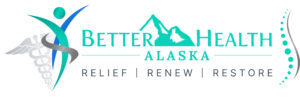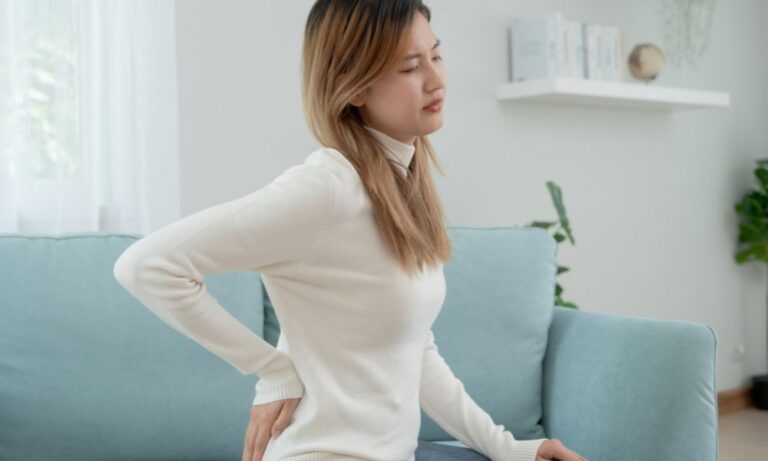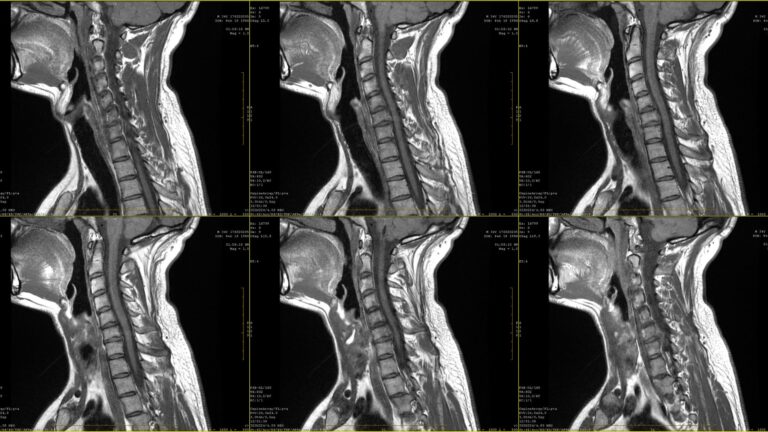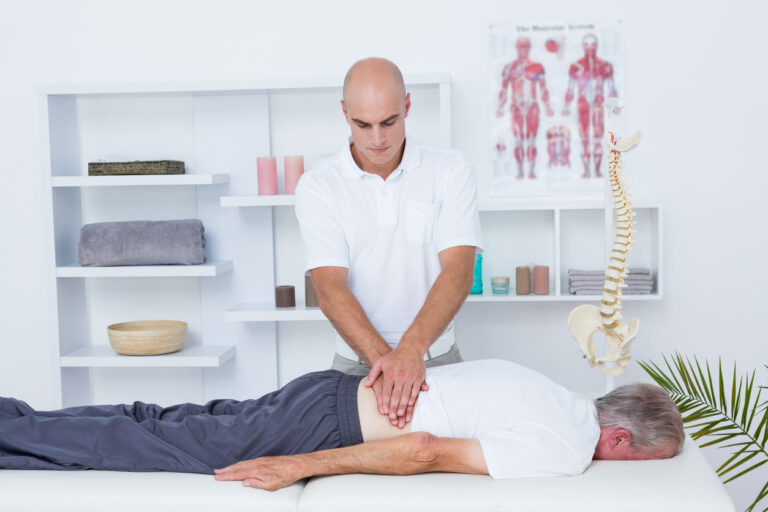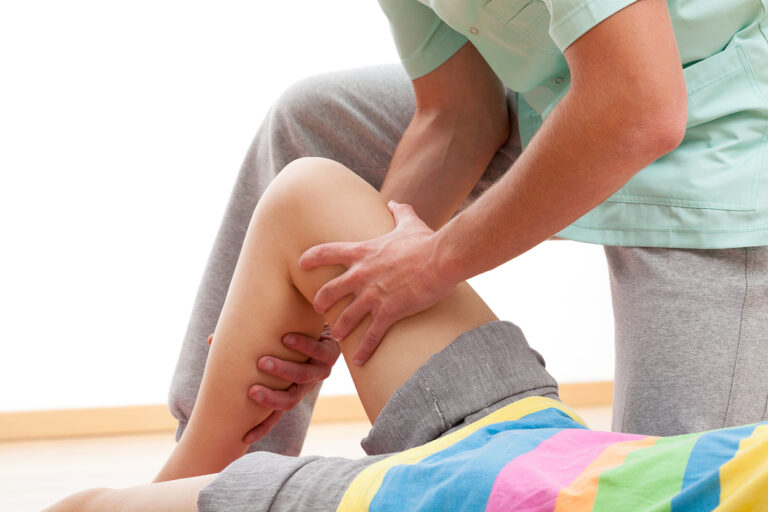Rheumatoid arthritis is an incredibly painful condition. It involves your immune system attacking your joints for no known reason, creating internal wear and tear of the cartilage that cushions bones from rubbing against one another, and keeping necessary fluids from running through the joints. The aches, pains, and stiffness that come along with this condition can be debilitating, and keep you from doing the things you love.
One of the most common symptoms of rheumatoid arthritis is morning stiffness. In fact, about 90 percent of people with active rheumatoid arthritis experience morning stiffness, according to a 2014 review in the BioMed Central Musculoskeletal Disorders journal. Even for people in remission of rheumatoid arthritis, that number was still high, at 81 percent of patients experiencing morning stiffness.
Morning stiffness is an issue that extends beyond the early hours of the day, too. Starting your day with low energy levels and a lack of motivation that can come from the pain and stiffness of rheumatoid arthritis can affect your mental health and clarity throughout the day, as well as your overall activity levels. This shows how morning stiffness can have a huge impact on your overall health.
Obviously, this is a major issue for people with this condition. If you feel like your mornings have been affected by your rheumatoid arthritis, and you’re ready to take them back, here are some of the most effective ways to do so.
1) Prepare Your Morning
Before you go to bed at night, set your alarm for about an hour before you have to wake up. Put a glass of water, anti-inflammatory medications, and a small snack by your bedside. When your alarm goes off, eat the snack first and then take the medication with your water. After that, you can drift back to sleep, and wake up fully rested and pain-free! Giving the medication this buffer time to work its way into your system and do its job will make all the difference in your morning routine, as opposed to just taking it right when you wake up and waiting all morning for it to kick in.
2) Gently Stretch As You Wake Up
However, while you’re pain-free, it’s still a good idea to do some gentle stretching before fully getting out of bed to warm up your body and muscles for the day to come. Perform some range-of-motion enhancing exercises to loosen up the joints and get the nutritional fluids flowing through your body after being still and horizontal for such a long period of time.
It is recommended that you work your way down your body when performing these stretches/exercises. Start by lying flat on your back and gently rotating your neck from side to side. It might also benefit you to bring your left ear toward your left shoulder, and vice versa.
Then move to your hands and arms. First, make circular motions with your wrists. Then, make fists with your hands, and gradually lengthen out your fingers to stretch them wide. Repeat 2-3 times. For your elbows, simply bending them forwards and backward will do, as long as you get them moving. At this point, you can probably sit up in bed, if it’s comfortable for you.
From here, rotate your shoulders with some gentle shoulder rolls forward and backward. You can also stretch your arms across your body and hold for a few seconds in each position. If it’s available to you, try stretching your arms up overhead as well for a full back, shoulder, and arm stretch – but only if it doesn’t cause you pain!
Next, you can stretch out your hips by sitting “criss-cross applesauce” if possible, which will also help to get your knee joints moving, or by slowly bending forward over your body, hands reaching for your feet – whichever is more comfortable for you. Bend your knees up and down to wake them up as well. With your feet straight out in front of you, do some gentle ankle rolls counter and clockwise. Then point and flex the feet, and try fanning out the toes or pointing and flexing them with the feet.
While you’re still under the covers, lie on your back. Stretch your upper body first, moving your joints gently through a comfortable range of motion. First, turn your head from side to side, loosening your neck. Then stretch the following joints, first on one side and then the other:
All of these should only be done if it feels safe and beneficial for you to do so, and will probably be much less painful if you already have an anti-inflammatory medication working in your system. These can make a huge difference in terms of muscle pain, aches, and stiffness throughout the day, so it’s worth taking a couple extra minutes in the morning to get moving!

3) Bump Up The Heat
Another useful morning tip is to set your heater to turn up a couple degrees above normal in the early mornings. This will make it easier for your body and joints to adjust from getting out of the cozy blankets into cooler air, a transition which can make joints tense up. If your heater doesn’t have that setting, try doing it when you wake up earlier for your snack and medication.
A warm bath soak or shower also helps with morning stiffness. Make sure to let your whole body bask in the warmth of the water for at least 15-20 minutes in the morning to get your circulation flowing and flush toxins from your system. If you have a removable shower head, use this to massage stiff joints in the morning. If you prefer baths, make sure to continue doing the stretches outlined above while soaking so that it’s easier to get out.
4) Warm Up Your Clothes
A quick, easy, and useful way to alleviate morning stiffness is to toss your clothing in the dryer before you put them on. This is actually a great tip for anyone who needs a little extra coziness on a cold morning. Right when you wake up, throw a soft, warm robe on. Throw your clothes for the day in the dryer, and go about your business (make breakfast, drink some coffee, do a little more stretching, take your shower, etc.) Once all that is done, your clothes will be nice and warm, ready to help you through the day. The warmth will help soothe and loosen up any stiffness or aches
5) Enjoy the Most Important Meal of the Day
Living with rheumatoid arthritis causes your body to work overtime. The autoimmune disease causes your own immune system to attack your own body, while fending off actual outside threats and maintaining your bodily health. That’s why it can be so easy for people with rheumatoid arthritis to have low energy levels, and struggle through their mornings. But this is also why a healthy breakfast, full of natural, healthy antioxidants and other energy-boosting ingredients, is especially important for people who suffer from this condition.
One of the best, most effective ways to integrate vitamins, minerals, and nutrients your body needs is through foods – not once daily pills. Your diet becomes extremely important for bolstering a healthy immune system when it is out of whack with a condition like this.
Try to gravitate towards fruit salads, smoothies, yogurt, eggs, and whole grains for your morning meal. All of these have added nutrients like vitamins, probiotics, and fiber that will help to naturally regulate your system and help boost your energy levels (in addition to coffee and tea!). Also, depending on how severe your condition is, it might benefit you to prepare this meal the night before, so it’s ready to go for you when you wake up and you don’t have to worry about cooking.
6) Move Your Body (But Don’t Push It)
Exercise is important for everyone to do, and although rheumatoid arthritis can make typical gym exercises very difficult, an exercise regimen for someone with this condition does not have to be that intense or severe.
A quick, gentle 15-20 minute walk will do. Anything that will get the joints in your lower body moving, raise your heartrate ever so slightly, and encourage healthy circulation and muscle function is more than enough exercise for someone with rheumatoid arthritis. You may also want to consider gentle yoga or tai-chi classes, or other low-impact exercises in order to keep your body active and moving. Integrating these types of exercises into your routine can help reduce stiffness in the morning.
7) Use Topical Treatments
If you’re still experiencing symptoms that are holding you back from your morning routine, definitely try out some topical treatment methods to help alleviate your symptoms. Lotions or creams that warm the area of application and make them a bit tingly can help reduce inflammation right at the source, and massaging it into the skin can also help boost circulation to the area while maximizing the effects of the cream.
You can also use warm compresses, which will have a similar but more targeted effect. A simple cloth bag filled with uncooked rice or beans will actually work perfectly if you don’t want to go out and buy one. Simply fill the bag, put it in the microwave for about 30 seconds to a minute, and the heat should last for about 30 minutes on your skin.
8) Don’t Be Afraid To Ask For Help
If you forgot to prepare your morning medication or meal, or if you’re just having a particularly painful and stiff morning, do not hesitate to ask others for help. With an autoimmune disease, it can be easy to slip into the thought pattern of trying to get to a point of self-sufficiency, but it’s important to remember that there are people and resources in your life that are ready and willing to help! There’s no need to put yourself in more pain in the name of independence. That doesn’t help anyone!
9) Office Tips
If you work in an office, make sure your superior knows about your condition so that you can possibly arrange flexible hours if you’re having a particularly bad morning and need to come in late. You might even be able to work out a work-from-home situation, so that all of your coping methods are right there with you as you work. At your office, try to keep a space heater near and stretch at least every hour so that your joints don’t lock up at your desk.
10) Work with an occupational therapist
Finally, and possibly most importantly, work with an occupational therapist, or other body care expert, on a regular basis to help you move your body the way you want to and in ways that help you life your life. Seeing an occupational therapist can make great strides in the management of your rheumatoid arthritis symptoms, and the tools they give you can help you get your mornings back in no time!
Schedule an Appointment and Receive
FREE One-Hour Massage Certificate
That’s right! Receive a certificate for a free one-hour massage with our highly-trained and licensed massage therapists for use after your first appointment. Use it yourself, or give it to a friend.
[gravityform id=”8″ title=”false”]
